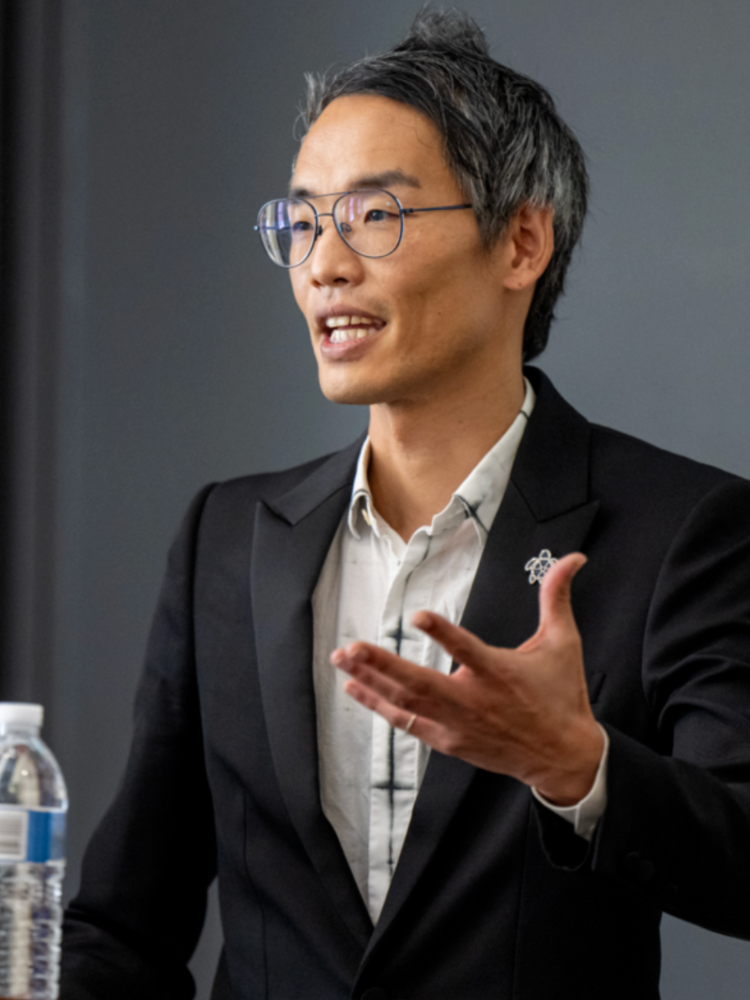RYO MORIMOTO
Assistant Professor in Anthropology
Ryo Morimoto is a first-generation college graduate and scholar from Japan, and an assistant professor of anthropology. An ethnographer of human-nuclear relations, his research examines the surreal social (half)life of radiation and radiological materials in society, uncovering the hidden links between historical, contemporary, and everyday nuclear world-making ideologies and practices and their lasting impacts on planetary, national, and local levels. His research interests include semiotics, robotics, environmental studies, disaster studies, indigenous studies, the history of science and technology, the sensory politics of the invisible, ethnographic storytelling, anthroengineering, energy issues, U.S.-Japan relations, and digital humanities. He has received fellowships and grants from the National Endowment for the Humanities, the Japan Foundation, the Toyota Foundation, the Social Science Research Council, the Mansfield Foundation, and the Institute for Advanced Studies. He is an incoming member of the editorial collective of the American Anthropological Association’s flagship journal, Cultural Anthropology.
Professor Morimoto is an award-winning author of Nuclear Ghost: Atomic Livelihoods in Fukushima’s Gray Zone (California, 2023) and the author of numerous articles, including “Radioactive Mosquito Bite and Its Surreal Social Life: Science, the State, and the Invisible” (Public Culture, 2023), “Tying Knots of En: Ethnography among Uncertain Walls in Fukushima’s Gray Zone in 2023” (Asia Pacific Journal: Japan Focus, 2023), “A Wild Boar Chase: Ecology of Harm and Half-life Politics of Nuclear Things in Coastal Fukushima” (Cultural Anthropology, 2022), and “Commentary: Ethnographic Lettering: “Pursed Lips: A Call to Suspend Damage in the Age of Decommissioning” (Critical Asian Studies, 2021).
Professor Morimoto current research focuses on U.S.-Japan collaborations to develop a society enriched by and integrated with physical AI. Specifically, his ethnography examines the development and deployment of remote technologies (mobile robots) in coastal Fukushima by various stakeholders in industry, academia, and government to address urgent and diverse challenges in Japan and beyond: an aging population, disaster response and mitigation, and the decommissioning of aging and damaged nuclear reactors.
Professor Morimoto earned a Ph.D. from Brandeis University and was a postdoctoral fellow and a project manager of the Japan Disasters Digital Archive at the Reischauer Institute of Japanese Studies (2016-18). Before joining Harvard, he was an assistant professor of anthropology at Princeton University, where he co-founded and facilitated a Native American and Indigenous student-led project, Nuclear Princeton.
